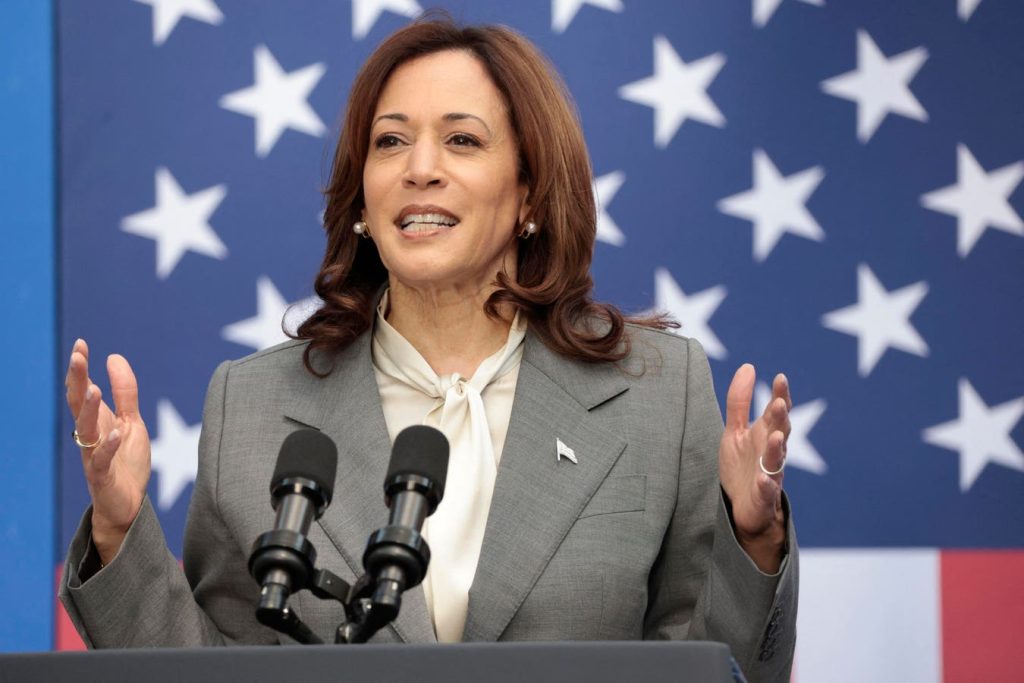Vice President Kamala Harris is leading a nationwide Economic Opportunity Tour to showcase the Biden-Harris Administration’s initiatives in creating economic opportunities and supporting communities. The tour emphasizes the significance of small businesses in driving growth and wealth creation in various cities across the country. Harris is advocating for leaders’ assistance in spreading awareness about the resources available to entrepreneurs and small businesses that have been generated by the administration’s policies.
In Detroit, Vice President Harris, Michigan Lt. Governor Garlin Gilchrist II, U.S. Secretary of Energy Jennifer Granholm, Acting U.S. Secretary of Labor Julie Su, and U.S. Deputy Secretary of Commerce Don Graves came together to discuss the administration’s efforts to create economic opportunities. They announced new funding opportunities for small- and medium-sized automotive suppliers in the wake of the transition to electric vehicles (EVs), which presents an opportunity for the U.S. auto industry to bring manufacturing back to the states and generate more domestic jobs.
The Department of Energy’s Automotive Conversion Grants Program will provide $50 million for partnerships with states to help small- and medium-sized suppliers transition from manufacturing internal combustion engine parts to parts for EVs. Additionally, the Small Business Administration’s (SBA) Small Business Investment Company will offer funding to stimulate private capital for the growth of these manufacturers. The SBA will also launch a Working Capital Pilot Program to provide lines of credit to auto parts manufacturers and distribute business counseling.
In order to prepare for a skilled workforce in the future, the Department of Energy will allocate $24 million in grants for EV and clean energy workforce training at community colleges, trade schools, and apprenticeships. The Department of Labor will host EV workforce convenings in Ohio and Indiana, as well as provide funds to develop partnerships for collaboration between workers, educators, organizations, employers, and unions in these states. The administration’s focus on training and workforce development reflects their commitment to supporting growth and innovation in these industries.
The Economic Opportunity Tour is not only centered around the auto industry, as highlighted in Atlanta, where $158 million is being invested in the “The Stitch” project to reconnect midtown to downtown Atlanta. This initiative aims to address the historical impact of Interstate 75 and Interstate 85, which split communities like Sweet Auburn and displaced families and businesses. The project will create urban greenspace and transportation enhancements to increase accessibility to jobs, housing, education, and healthcare in these communities.
Despite the current polarized political climate, the announcements made during the Economic Opportunity Tour demonstrate the Biden-Harris Administration’s dedication to supporting the growth and prosperity of small businesses and communities. The Investing in America Agenda seems to be making a positive impact on Main Streets across the country, showcasing the administration’s commitment to creating economic opportunities and promoting inclusive growth.


